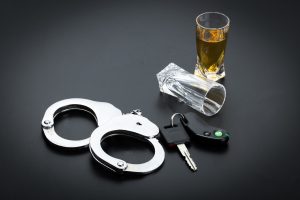Buffalo Criminal Attorney Blog

How much will a DWI/DUI cost me?
There are direct costs and indirect costs associated with a DWI/DUI. Direct Costs include attorney fees, court fees and DMV fees. Indirect costs include higher

Is a DWI/DUI a felony?
In New York State a first offense DWI/DUI is generally charged as a misdemeanor with some exceptions. If you have a child in the car,

Can a shoplifter be charged with robbery?
I have seen many instances where a individual committing a minor shoplifting offense gets charged with robbery. This usually arises when a store security officer

Can a passenger get charged with allowing an intoxicated person drive their car?
I am licensed to practice law in New York as well as Tennessee. In Tennessee you can get charged for allowing an intoxicated person to

Is it illegal to drink and drive on a lawn mower?
The answer is yes if you are on a public road. For instance, you cut your grass and drink a few beers. You then decide

If I am pulled over by the police, what information do I have to answer?
Often times police will attempt to engage you in conversation to gauge whether or not you are under the influence of alcohol. The truth is

